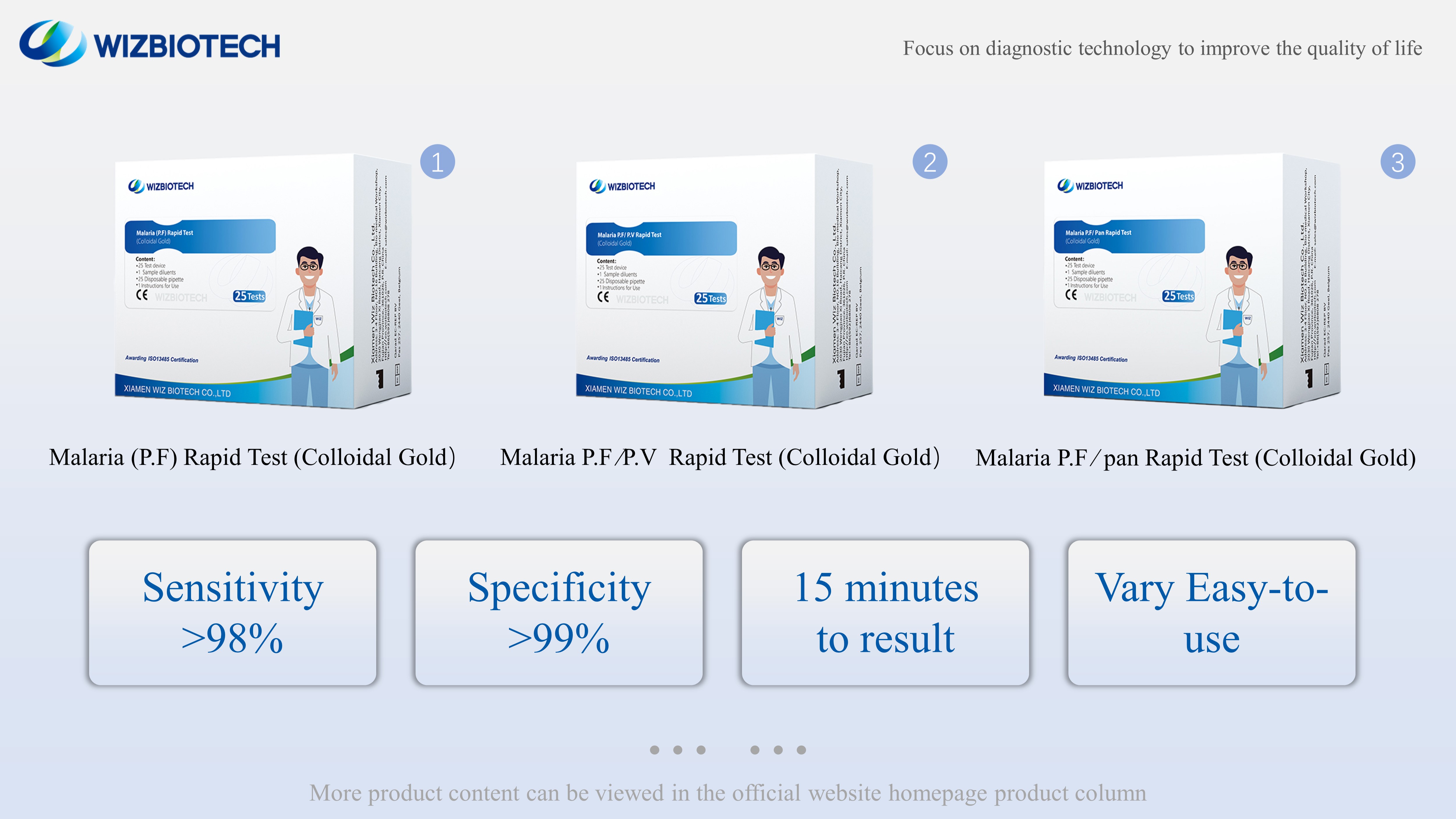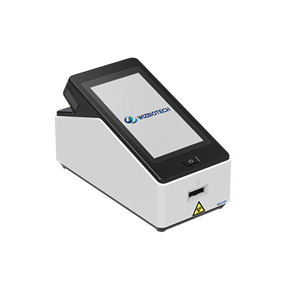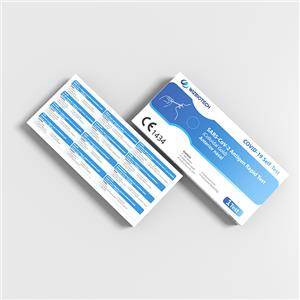The World Malaria Day
25th of April each year is designated as the World Malaria Day, in purpose to highlight the need for malaria prevention and control. Malaria is an infectious disease caused by plasmodium and transmitted mainly by mosquitoes. Around 2.3 billion people (41% of the world's population) are threatened by malaria, and about 1 million children under the age of 5 die from malaria or complicated with other diseases.
How does malaria spread?
Malaria is mainly caused by mosquito bites and transmitted mainly by Anopheles mosquitoes. When Anopheles mosquitoes bite a patient or carrier and then bite a healthy person, the malaria parasite was passed to the latter. Other modes of transmission including: mother-to-fetus, blood transfusions and sharing needles.
Typical symptoms of malaria
The incubation period of malaria is about 9 to 14 days. The core symptom of onset is "chills", the body temperature could be up to 40℃ in few minutes. Then, the patient will get sweating in about 3-4 hours, the body temperature will gradually drop to normal after sweating. Besides chills and fever, patients usually feel weak, exhausted, lost appetite, dizzy, body aching and tired. Infants and young children may sometimes have seizures. In severe cases, patients will experience coma, delirium, multiple organ failure, acute renal failure and acute pulmonary edema, etc., which are threaten lives.
Malaria’s prevention
1. Enhance crowd protection
The most effective way is to prevent mosquito bites. Here are some ways to reduce mosquito exposure:
Ÿ Avoid going or staying outside during peak mosquito activity (at dusk and night);
Ÿ Wear long sleeved clothes and trousers, and apply repellent to exposed skin when going out;
Ÿ Spray insecticide or burn mosquito-repellent incense, use bed nets when going to bed;
Ÿ Install screen doors and windows.
2. Enhance health education
In endemic areas, besides enhancing the detection among the population, it is important to strengthen health education, popularize the knowledge of malaria prevention and control to raise the awareness of self-protect and active participation in prevention and control work. Community participation has played a key role in the successful malaria control and elimination campaigns in many countries.
3. Vaccination
Since 2000, 24 malaria vaccine candidate antigens have been launched in Europe, and l3 vaccine candidates have entered phase I clinical trials, two of which have begun further clinical trials in Africa. The most advanced malaria vaccine, RTS, has entered phase III clinical trials and is expected to reduce the incidence of acute malaria infection in children by 50%.
Screening for malaria infection is recommended!
WIZ has developed and produced Malaria (P.F) Rapid Test (Colloidal Gold), Malaria P.F/P.V Rapid Test (Colloidal Gold),Malaria P.F/Pan Rapid Test(Colloidal Gold).

All kits take human whole blood as sample to assist the malaria infection diagnosis. The results can be easily interpreted by the naked eye in 15-20 minutes. The POCT malaria detection kit plays a significant role in malaria control, especially in the high incidence areas.
Reference materials:
[1] Tang L H. Research progress of malaria control at home and abroad [J]. Chin J Disease Control,1998(2):97-100. (in Chinese with English abstract)
[2] Zhang H. Knowledge of malaria prevention and control [J]. Open book for benefit: Seeking medical Advice,2022(4):22-22. (in Chinese)
[3] Yang Yongyan, Wang Qiusheng. Current status and progress of malaria prevention [J]. Hainan Med,2014,25(4):547-549. (in Chinese)
[4] is an orthobiological instruction manual




